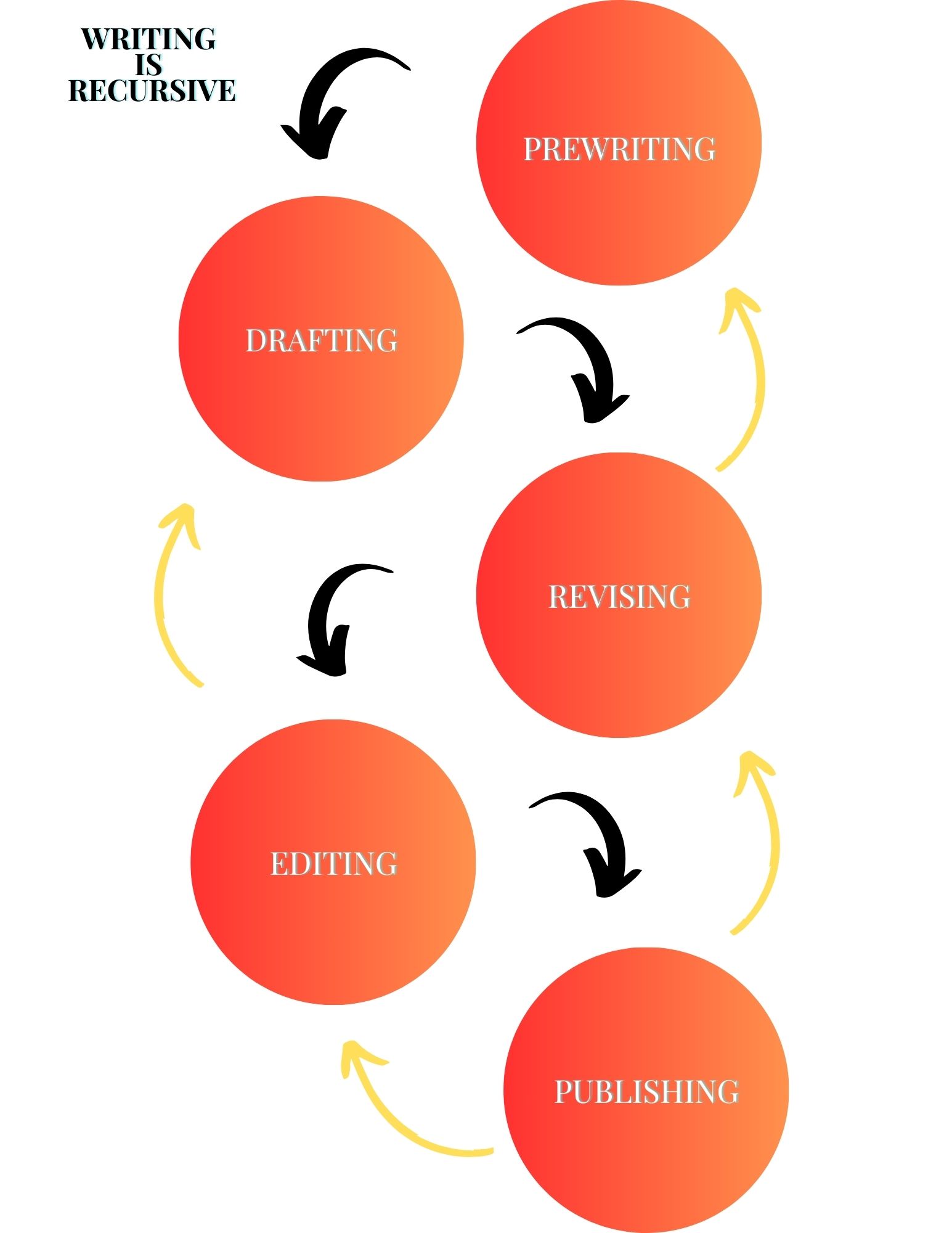I think about life and death as much as the next person. Simply, either memories cross my mind or the specter of death invades my solitude. Often, I am reminded of a moment in time by an object or by a fleeting thought that pulls me a decade prior, sometimes a few decades prior.
Today’s interpretation comes from Emily Dickinson’s poem “Memorials,” a poem about remembering–possibly witnessing the end of somebody’s existence–and remembering them through what they left behind. She writes that “Death sets a thing significant / The eye had hurried by, / Except a perished creature /Entreat us tenderly.” In other words, it is in death that an object becomes relevant to our understanding, and what catches our eye can remind us of those lost persons. Sometimes the object, much like a “thimble” or a book with annotations can remind us of a great deal.
I hope you enjoy this poem.
“Memorials” by Emily Dickinson
Death sets a thing significant
The eye had hurried by,
Except a perished creature
Entreat us tenderly
To ponder little workmanships
In crayon or in wool,
With “This was last her fingers did,”
Industrious until
The thimble weighed too heavy,
The stitches stopped themselves,
And then ‘t was put among the dust
Upon the closet shelves.
A book I have, a friend gave,
Whose pencil, here and there,
Had notched the place that pleased him, —
At rest his fingers are.
Now, when I read, I read not,
For interrupting tears
Obliterate the etchings
Too costly for repairs.







